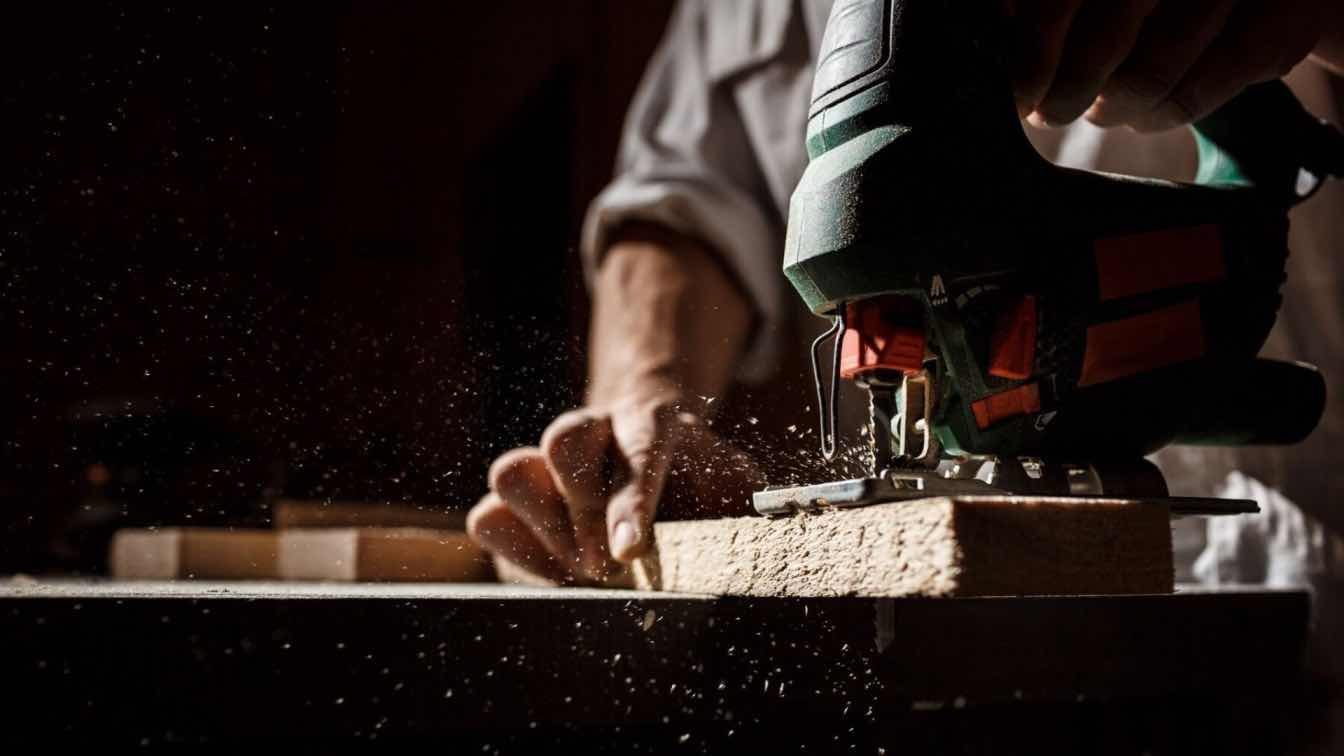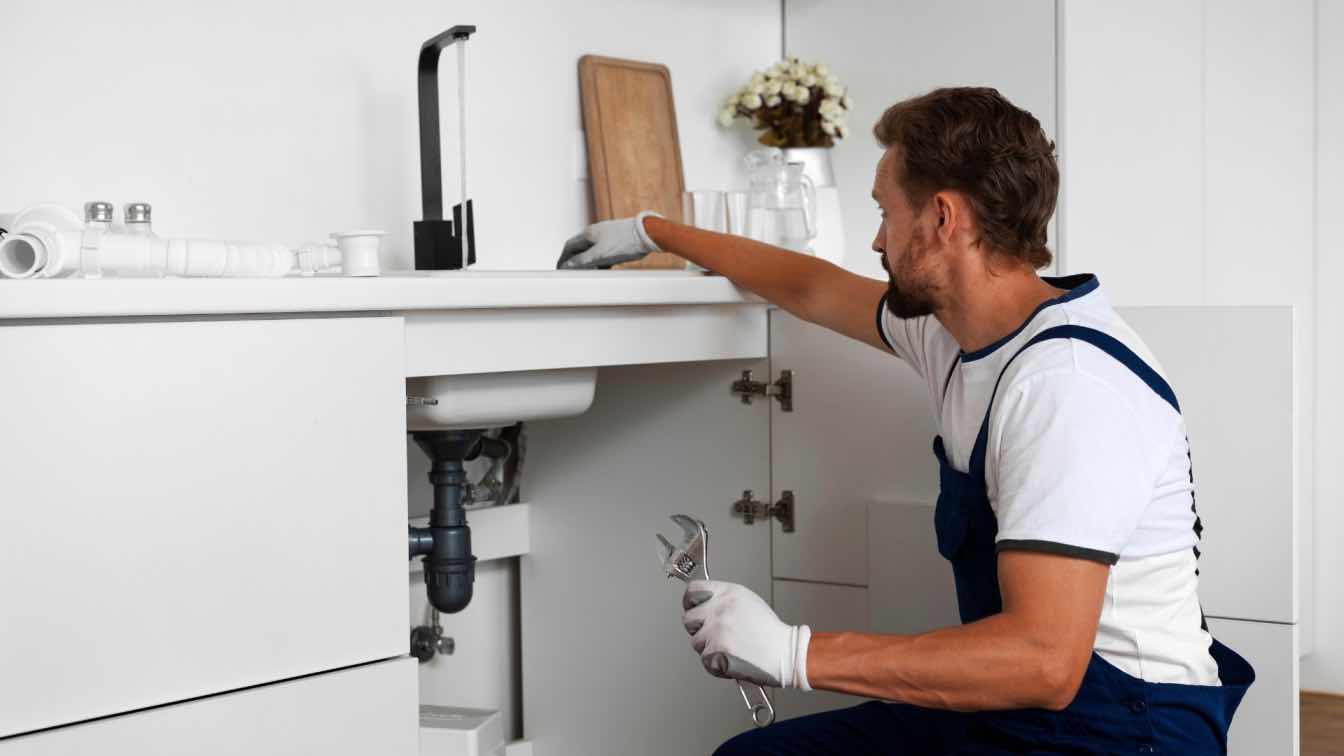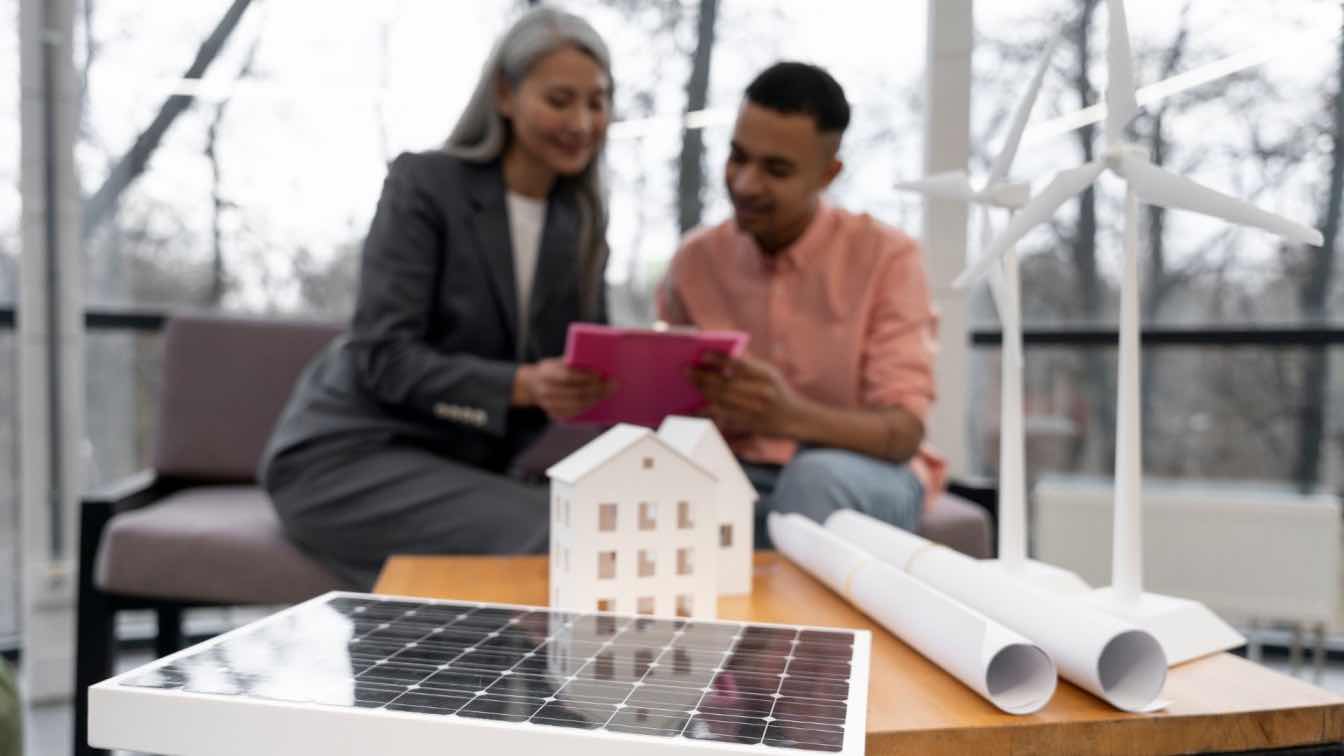In the world of packaging, cardboard has long been the go-to material for countless applications. However, a lesser-known contender is steadily gaining popularity: chipboard. This sturdy, versatile material is not only an excellent alternative to traditional cardboard but also boasts an impressive eco-friendly profile. Let's delve into the world of boxes chipboard, exploring their unique properties, diverse applications, and the environmental advantages they offer over their cardboard counterparts.
What are Chipboard Boxes?
Chipboard, also known as paperboard, is a type of paper-based material made from recycled paper fibers, wood pulp, and other cellulose-based materials. This composition gives it a distinct advantage over other packaging materials, making it an attractive choice for businesses looking to buy shipping containers wholesale. Chipboard is produced by pressing layers of recycled paper and other materials together, resulting in a thick, rigid sheet that is both strong and lightweight. This sheet is then cut, folded, and glued to create various types of boxes, ranging from small gift boxes to large shipping containers.
Unlike corrugated cardboard, which consists of fluted layers sandwiched between linerboards, chipboard is a solid, single-ply material. This gives it a smoother surface and a more polished appearance, making it ideal for retail packaging and display purposes. Additionally, the chipboard's density and rigidity provide superior protection for products during shipping and storage, minimizing the risk of damage.
The Versatility of Chipboard Boxes
Chipboard boxes are incredibly versatile, finding applications in a wide range of industries and uses. In retail, they are commonly used for packaging cosmetics, electronics, apparel, and other consumer goods, serving as a more durable and visually appealing alternative to cardboard boxes bulk options. Their smooth surface and clean lines make them perfect for showcasing products and creating an appealing visual presentation.
In the food industry, chipboard boxes are often used for packaging cereal, cakes, pastries, and other baked goods. They can be easily printed with vibrant graphics and branding elements, making them an effective marketing tool. Chipboard boxes are also a popular choice for industrial packaging, providing sturdy storage and shipping solutions for various products. They can be customized in terms of size, shape, and thickness to accommodate different needs.
Moreover, chipboard's affordability and eco-friendly nature have made it a favorite among DIY enthusiasts and crafters. Chipboard boxes can be easily repurposed and transformed into gift boxes, organizers, scrapbooks, and other creative projects.
The Eco-Friendly Advantage of Chipboard Boxes
One of the most significant advantages of chipboard boxes is their environmental friendliness. As concerns about waste and sustainability grow, businesses and consumers are seeking eco-conscious alternatives to traditional packaging materials. Chipboard boxes tick all the right boxes, offering a greener solution for a variety of needs.
Recycled Content: Chipboard is primarily manufactured from recycled paper fibers, diverting waste from landfills and reducing the demand for virgin materials. Some chipboard boxes even boast a high recycled content of 70% or more. This not only conserves natural resources but also lowers the carbon footprint associated with manufacturing new materials.
Biodegradability and Compostability: Unlike plastic packaging, which can take centuries to decompose, chipboard boxes are biodegradable and compostable. This means that they can break down naturally over time, returning valuable nutrients to the soil and minimizing their environmental impact.
Sustainable Manufacturing Practices: Many chipboard manufacturers employ sustainable practices, such as using renewable energy sources, reducing water consumption, and minimizing waste generation during the production process. By choosing chipboard boxes, businesses can align themselves with eco-conscious values and contribute to a more sustainable future.
For companies that buy cardboard boxes in bulk, switching to chipboard can be a significant step toward reducing their environmental footprint. While cardboard is also recyclable, its production requires more energy and resources than chipboard, making chipboard the greener choice.
Durability and Protection: Chipboard's Strength
Chipboard boxes are not only eco-friendly but also incredibly durable and protective. The manufacturing process, which involves compressing multiple layers of paper fibers, creates a dense and rigid material that can withstand significant wear and tear. Chipboard's inherent strength makes it an ideal choice for shipping and storage applications.
Moisture Resistance: Unlike cardboard, which easily absorbs moisture and loses its structural integrity, chipboard is more resistant to humidity and dampness. This makes it a preferred option for storing items in environments prone to moisture fluctuations.
Puncture Resistance: The dense composition of the chipboard makes it less susceptible to punctures and tears, ensuring that the contents remain safe and secure during transit.
Stackability: Chipboard boxes can be stacked higher without collapsing, maximizing storage space and reducing the risk of damage to the contents.
For businesses that buy shipping containers wholesale, chipboard offers a reliable and cost-effective solution. Its durability and protective qualities ensure that products arrive at their destination in pristine condition, minimizing returns and customer dissatisfaction.
Conclusion
As the world shifts towards more sustainable practices, chipboard boxes have emerged as a versatile and eco-friendly alternative to traditional packaging materials. Their unique properties, including strength, durability, and environmental friendliness, make them an excellent choice for a variety of applications. Whether you're a business owner looking to reduce your environmental impact or a consumer seeking sustainable packaging solutions, chipboard boxes offer a compelling option that combines functionality with eco-consciousness. By choosing chipboard, you're not just making a smart packaging decision; you're also contributing to a greener and more sustainable future.





